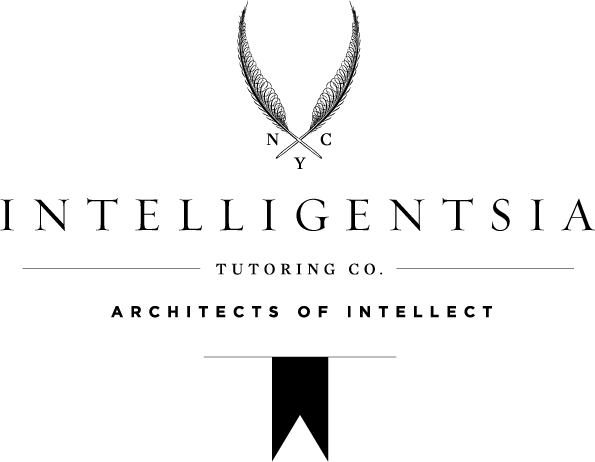Labor Day isn’t yet looming, but schools are already scrambling. Faced with a pandemic that shows no signs of petering out, colleges across the country have announced plans for staggering student arrivals and limiting the number of undergraduates allowed on campus at once. At the K-12 level, LA has committed to a fully virtual fall semester, while NYC’s hybrid approach will combine a day or two per week of in-person instruction with several days online. Of course, as the COVID situation evolves, school districts will continue to adapt, but amidst all the uncertainty, you can count on one thing: for the foreseeable future, remote learning is here to stay.
As much as we’d all like to trade FaceTime for face-to-face meetings, there are some advantages to classes in the cloud. In person, you can’t hit rewind on your teacher’s pre-calc lecture, but at home, you can watch Khan Academy videos on cosine and sine as often as you want. That time you’d usually spend on the schoolbus? Now you can use it to preview or review material, eat a proper breakfast, or even catch some more zzz’s. Besides self-pacing and flexibility, remote learning can also improve focus. With fewer distractions, it’s easier to absorb lessons and free up hours for personal pursuits.
Yet, to really reap the rewards of online education, it’s crucial to unplug. Sure, there are services like Freedom that let you block time-wasting websites and apps (I’m looking at you, TikTok!), annoying notifications, or even—horror of horrors—the internet itself. But if you keep your eyeballs glued to a screen all day, your brain can come unstuck. So, instead of scrolling through The Great Gatsby on Gutenberg, pick up a paper copy. Rather than peering at pixellated problems sets, print them out. If you’re worried about the environmental impact, remember: what’s bad for the trees is good for your concentration, retention, and efficiency. And the first step toward building a sustainable future for the planet is creating one for your study habits.
Besides limiting your voyages into cyberspace, try to delimit the space in which you work. If possible, the desk where you read and annotate The Handmaid’s Tale should be different from the couch where you binge-watch the series version. Maintaining separate areas for work and play—even if they’re only a few feet away—can keep you on track during lessons and give you distance from them when you’re done. As you delineate space, do the same with time. Depending on your school’s schedule, plan your day to cater to your strengths. Not a morning person? Maybe now you don’t have to be. Missing those after-lunch siestas from preschool? Psst. No one’s going to notice if you take a power nap.
Maybe the biggest benefit to remote learning is that, more than ever, you’re forced to figure out what kind of learner you are. Whether visual or aural, tactile or text-based, you have the chance to craft a program that works for you. And if you use the time to refine your study skills now, once we all come back together in person, you’ll be in an even better position to thrive.
— Colin G.
Sign up for our College Application Crash Course, in which Colin breaks down the college application process into its four main categories: Search & Selection; Tests; Recommendations & Transcripts; and Essays, Activities & Portfolios. Click for more information.
Colin is Head College Process Strategist at Intelligentsia. He received his BA in English and History from the University of Pennsylvania, his MA in History and MA in Humanities from Stanford University, and his MFA in Fiction from the University of Houston. He specializes in College Process, History, Literature, Writing, German, and Standardized Tests with 20 years of experience tutoring and teaching at the high school, college, and graduate levels.


